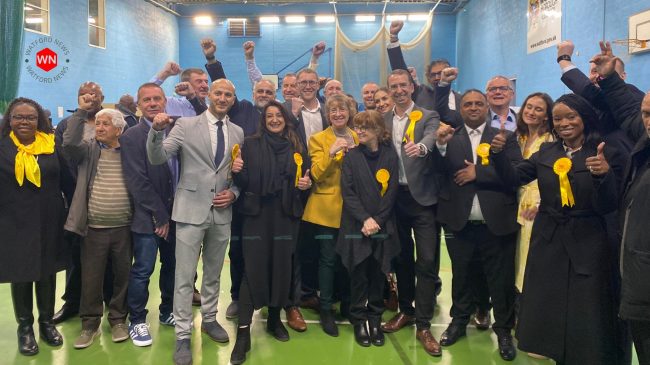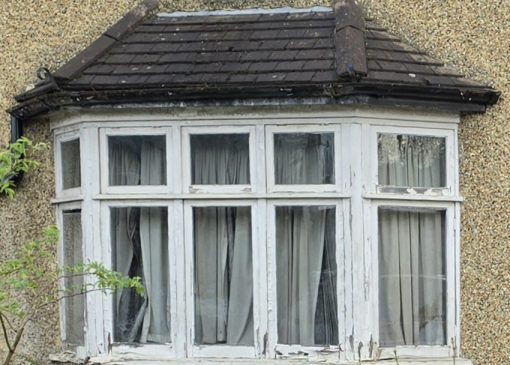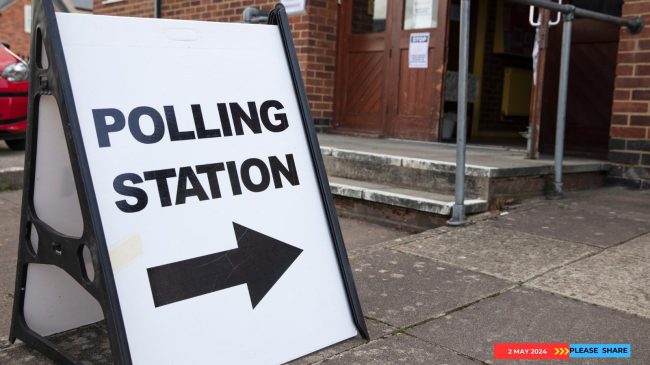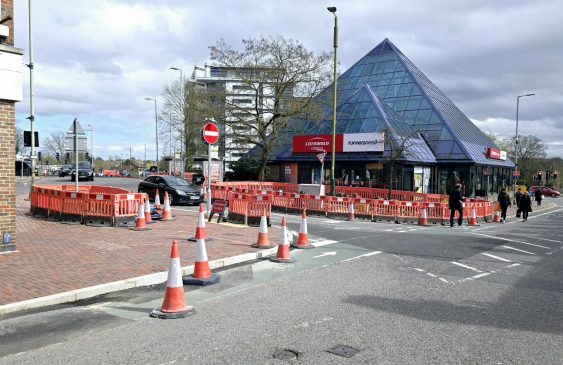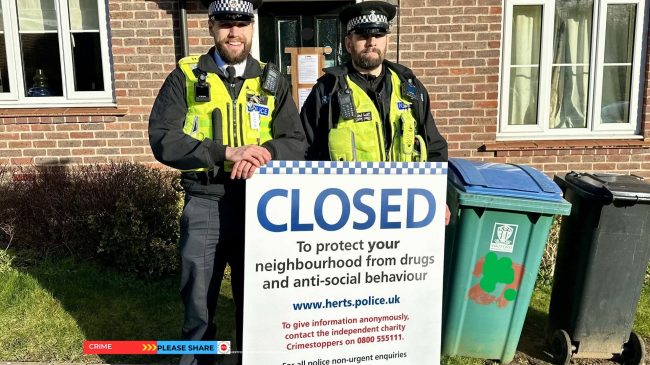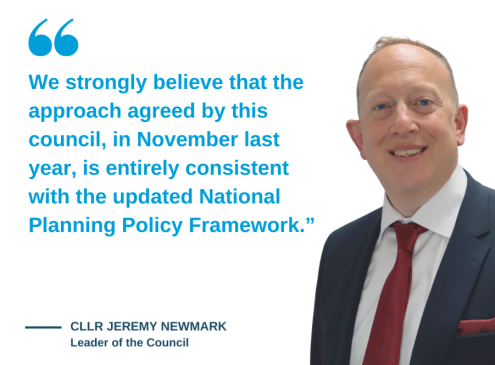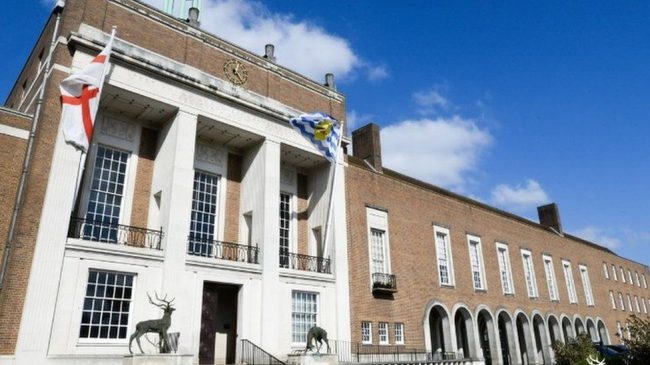Junior Doctors protest in Watford Hertfordshire Save our NHS 2016
Health secretary claims 43% of medics have turned up for work as NHS employers urge ministers to impose new contracts
February 2016 – watfordlondon
Jeremy Hunt, the health secretary, has claimed that turnout for the junior doctors’ strike is lower than for last month’s industrial action, with 43% turning up for work, as Downing Street indicated that the government was ready to impose a new contract.
Hunt said pay rates on Saturdays were the one outstanding issue in the dispute that has triggered two strikes. He denied that the government had rejected a “cost-neutral” offer from the British Medical Association that would have resulted in doctors’ basic pay rising by about half the 11% offered – in return for Saturday not being treated as a normal working day.
“There has been no rejection of any proposals and plans that would deal with this weekend effect that is of such concern to patients and the public,” he told BBC News. He went on to describe the industrial action as “very damaging”, but said the turnout was slightly lower than before.
NHS England confirmed that the 43% figure included doctors who had never intended to strike, such as those working in emergency care. It said 43% of junior doctors – out of a possible 26,000 working on a typical day – had reported for duty on the day shift.
BMA

The truth about the junior doctors’ dispute – BMA – PDF
Story from The Guardian
Junior doctor leaders have promised to fight on after the government in England announced it will impose a new contract on the profession. The British Medical Association said it was “considering all options” as the dispute threatens to escalate further. It comes after Health Secretary Jeremy Hunt said he had been left with no choice but to act – just hours after the latest doctor strike ended. The union refused to accept a final “take-it-or-leave” offer on Wednesday. BMA GP leader Dr Johann Malawana said the contract was “flawed” and they had put forward a “fair and affordable” alternative. “The government’s shambolic handling of this process from start to finish has totally alienated a generation of junior doctors – the hospital doctors and GPs of the future, and there is a real risk that some will vote with their feet. “Our message to the government is clear – junior doctors cannot and will not accept a contract that is bad for the future of patient care, the profession and the NHS as a whole, and we will consider all options open to us.” The stance raises the prospect of more strikes, while behind the scenes there has been talk of legal action, mass resignations and doctors refusing to sign contracts. Ministers took the decision to impose the contract after their chief negotiator Sir David Dalton had advised them to do “whatever necessary” to end the deadlock. He said the final offer, which was made on Tuesday, on the eve of the strike, and rejected on Wednesday, when the walk-out was in full swing, was fair. It included a concession on Saturday pay, which would have meant doctors working at least one in four Saturdays would get extra pay above the basic rate. It has also emerged the changes – along with other concessions made – means the average rise in basic pay equates to 13.5% not 11% as previously thought, the government said. Speaking in the House of Commons, Mr Hunt said the contract was an “important step” in improving care at weekends. He said the government’s door had “remained open for three years” but the BMA had proved “unwilling” to show flexibility and compromise. “While I understand that this process has generated considerable dismay among junior doctors I believe that the new contract we are introducing is one that, in time, can command the confidence of both the workforce and their employers.” But Shadow Health Secretary Heidi Alexander said: “This whole dispute could have been handled so differently. “The health secretary’s failure to listen to junior doctors, his deeply dubious misrepresentation of research about care at weekends and his desire to make these contract negotiations into a symbolic fight for delivery of seven-day services has led to a situation which has been unprecedented in my lifetime.”
Photos and Video by Wayne – HertsVideo@gmail.com
